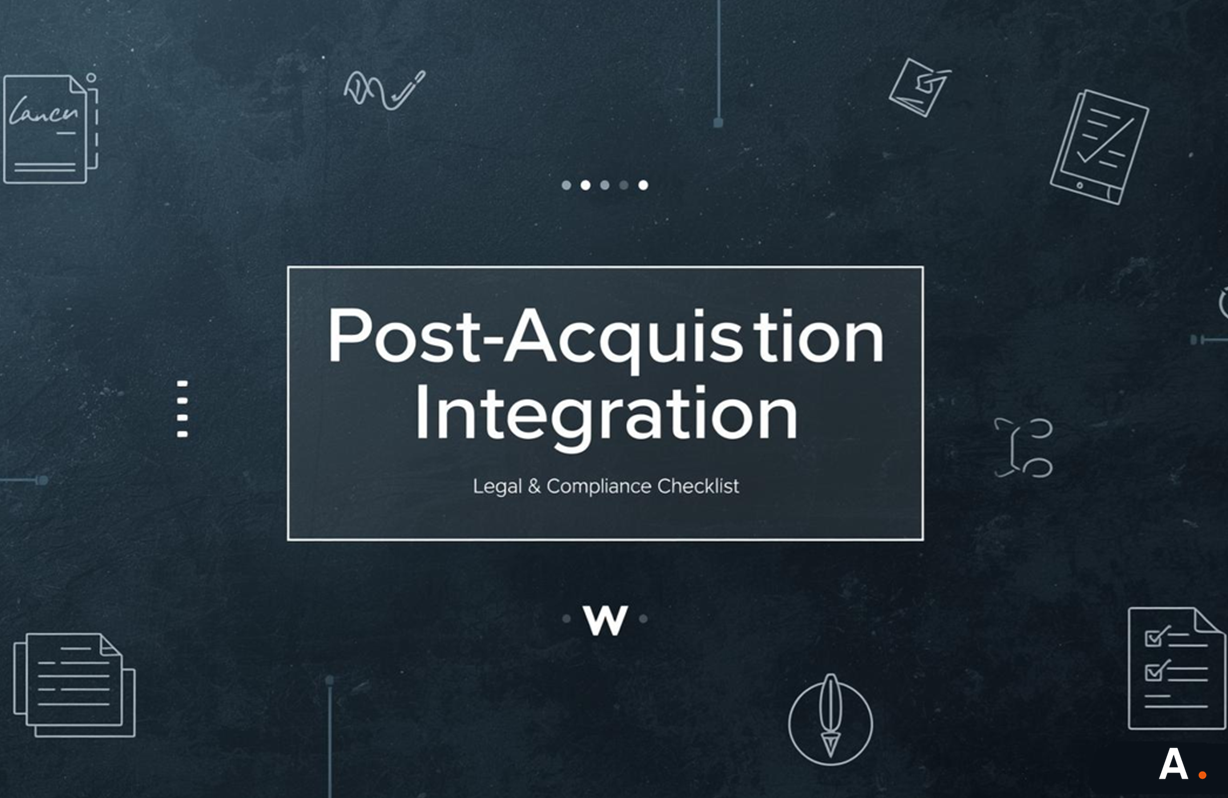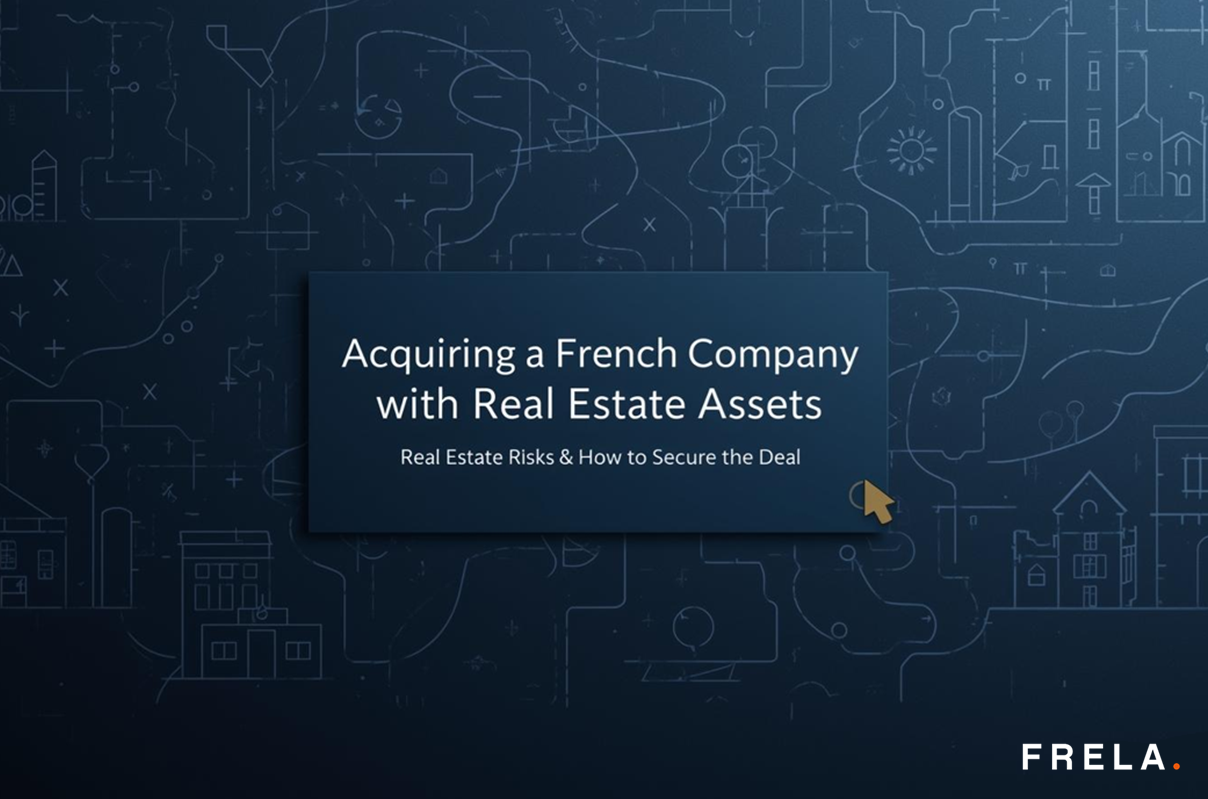Buying French Real Estate including commercial businesses “Fonds de commerce” or walls
In opposition to the “Murs” or walls of the property itself, the commercial businesses include for example the goodwill and clientele.
In fact, acquiring the fonds de commerce entails purchasing both immaterial assets (customers, tenancy rights, etc.) and tangible assets (stocks, equipment, tools, etc.) associated with a commercial enterprise. Considering established businesses instead of starting up your own is an option to take into consideration when investing in France. Mainly because your customers and well-prepared employees guarantee you predefined benefits.


Commercial businesses “Fonds de commerce” or walls
The holiday industry: gîtes, B&B establishments, cafés, restaurants, bars, horse riding stables, and many other small businesses are most frequently considered by potential investors. But bigger companies with larger reputation and workforce, constitute, just as much as small ones, an opportunity, if it is structured and guided by experts like us at DELCADE, who are more familiar with French business law and practices.
There are yet some restrictions to choosing the fonds de commerce. First and foremost, there will be checks, for the securities put on the assets purchased (pledges, liens, etc.), and formalities that include publicizing the purchase to third parties (excluding craftspeople), registering the transaction for tax purposes, and updating the registrar. Second, depending on the conditions, the overall taxes of the transaction may be greater.
So, at what cost can it be beneficial?
Here are four main ideas you should keep in mind while purchasing a business in France, to protect your interests:
1) Making sure the business in question is not in debt and considering its evolution plan will secure your investment.
The local shops or businesses usually have a word to say about that: in fact, they have witnessed it all, from the beginning, and can usually tell when the business is prosperous and when it is not. You must also consider if there are some restrictions in place, or oppositions to the sale in question.
2) Familiarizing yourself with the area is also essential. You should know what taxes apply, the diagnostics, create your business plan (renovations, future income, profit, the demand, reserve funds, social charges, seasonality, currency strategy, etc.), and a marketing plan.
3) Making sure the attestations needed for your businesses’ activity are valid. With the help of your Notaire, make sure you verify all the required statutory survey reports.
4) Verify the terms of the sales contract: It should include public order information, as specified in article L. 141-1 of the Commercial Code. Make sure the final agreement is mainly consistent with the “Compromis” even if it may impose additional duties on the parties. An expert can assist you, making sure exonerating clauses are not used against you, and conserving your rights concerning all fittings and fixtures that are to be kept in this contract. Stocks and tools are usually sold separately, so it is primordial to make take these factors into account when considering the price. Our experts at DELCADE will help you include your right of refusal clause per say, in case you would be willing to expand, or a conditional clause in the sale contract in case you are considering buying with a French mortgage. In addition, employing existing workforce is a legal obligation in most cases, we at DELCADE, make sure you know when and how these obligations are required.
5) Purchasing a business in France requires some formalities to be done. These are intended to materialize the transfer (share transfer paperwork, updating business records), pay tax (registration with the tax authorities), avoid third-party claims (publicity), or officially sanction the transaction (filling with the registrar).
French businesses usually hold property through a “Société civile Immobilière”.
This Société civile Immobilière then leases the property back to the operational entity. The SCI can be used in conjunction with another business, with the business property owned by the SCI for which the firm pays a rental. If the company property is acquired with a mortgage, the mortgage payments can be deducted against the rental payments, decreasing (or eliminating entirely) the SCI’s income tax. In turn, rental payments to the SCI lower the business’ tax liability, as long as the business has not embraced micro-entrepreneur tax status. Nevertheless, an exorbitant rent is unlikely to be approved by French tax officials. At DELCADE, we make sure you understand common internal operations like these, so you do not miss on any great opportunity.
But that’s not all. In fact, one can also purchase the entire firm, obtaining all, or the majority of, the company’s shares.
The buyer gains capitalistic control of the firm by becoming the majority or only shareholder. The procedure itself may be simpler, since it simply requires you to purchase shares, which can be done relatively quickly in some types of companies. It may also be tax favorable when compared to the acquisition of the fonds de commerce. However, purchasing the shares entails purchasing the company’s debts and obligations. Indeed, transferring the shares has no effect on the rights of third parties as long as the company exists. In fact, this activity necessitates a greater level of due diligence and guarantees. We tackle this distinction in a different article.
On the other hand, commercial walls indicate a building’s foundation.
Most of commercial property purchases are made with the intention of creating a rental investment. In order to finalize the transaction, the purchaser must additionally pay the notary costs associated with the acquisition of commercial property. If the buyer discovers a concealed fault during this stage, the sale of the property might be halted. The purchaser must then invoke the concept of non-performance exception. Then, the buyer must also pay all applicable taxes and fees associated with the new real estate investment. If the commercial property is in a high-risk area, the buyer must do an assessment of natural and technological risks. And if the investment is made with the intention of renting out the walls, he must notify the prospective tenant clearly and precisely. To do this, he must perform a DPE (diagnostic of performance energetic), that has a 10-year validity period.
About the Author :
Business lawyers, bilingual, specialized in acquisition law; Benoit Lafourcade is co-founder of Delcade lawyers & solicitors and founder of FRELA; registered as agents in personal and professional real estate transactions. Member of AAMTI (main association of French lawyers and agents).
FRELA : French Real Estate Lawyer Agency, specializing in acquisition law to secure real estate and business transactions in France.
Paris, 19 Rue du Colisee, 75008 Paris
Bordeaux, 78 Cours de Verdun, 33000 Bordeaux
Lille, 40 Theater Square, 59800 Lille

This article is provided for general information only and may not reflect the most recent legal or tax developments. It does not constitute legal advice. Please contact us for personalised guidance before making any decision.




